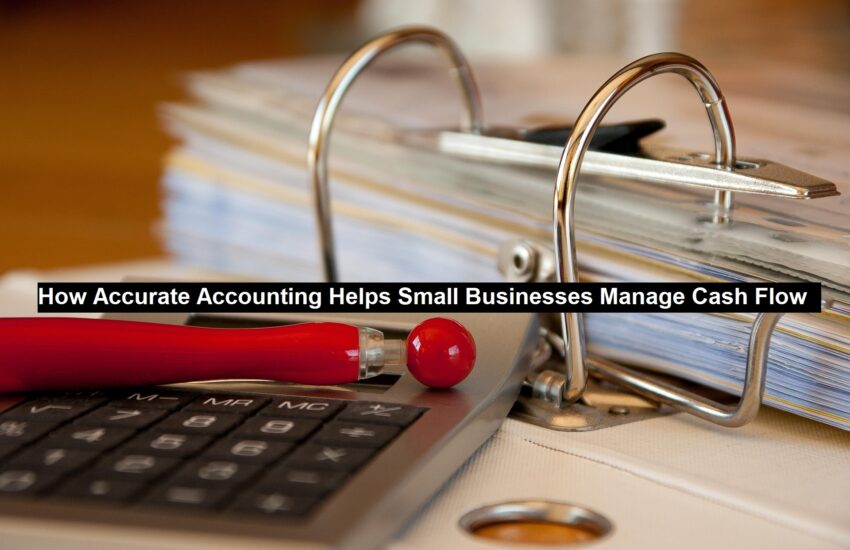What Card Can I Get With a 580 Credit Score?
Let’s be real—having a 580 credit score can feel frustrating. It’s not great, but it’s not a disaster either. It’s like being stuck in financial purgatory: not good enough for the best credit cards, but still good enough to start making some changes. The truth is, you have options. There are credit cards out there for people in your situation, and if you play your cards right (pun intended), you can use them to boost your credit score and move up to a much better place financially.
In this guide, we’ll break down everything you need to know about having a 580 credit score. We’ll talk about what it means, why your score might be where it is, what kinds of credit cards you can get, and how to use those cards to improve your financial health. Let’s dive in.
What Does a 580 Credit Score Mean?

First, let’s understand what a 580 credit score is telling lenders about you.
The Basics of a Credit Score
Your credit score is a three-digit number that shows how risky it is to lend you money. It’s like your financial GPA. Scores range from 300 to 850, with higher numbers meaning you’re a safer bet. A 580 score sits on the lower end of the spectrum:
- 300–579: Poor credit
- 580–669: Fair credit
- 670–739: Good credit
- 740–799: Very good credit
- 800–850: Excellent credit
So, with a 580, you’re in the “fair” or “poor” category, depending on which scoring model is being used (FICO or VantageScore). This means lenders see you as a higher-risk borrower. You might get approved for credit cards or loans, but you’ll likely face higher interest rates, lower credit limits, and stricter terms.
Read: Building a Safety Net: Essential Insurance Policies to Safeguard Your Family
Why Does a 580 Score Matter?
Your credit score affects more than just credit cards and loans. It can impact your ability to rent an apartment, qualify for a cellphone plan, or even get certain jobs. But while it’s a big deal, it’s also not permanent. A 580 score is just a snapshot of where you are right now—not where you’ll be forever.
Why Do People Have a 580 Credit Score?

A credit score of 580 doesn’t happen overnight, and it’s usually the result of a few common issues. Figuring out what got you here is the first step to improving your score.
Late or Missed Payments
The biggest factor in your credit score is your payment history. If you’ve missed payments on credit cards, loans, or other bills, it can hit your score hard—especially if it happened recently.
High Credit Utilization
Using too much of your available credit can also hurt your score. Credit utilization is the percentage of your credit limit that you’re using. For example, if your credit card limit is $1,000 and your balance is $800, your utilization rate is 80%, which is way too high. Lenders like to see this number below 30%.
Limited Credit History
If you’re new to using credit or haven’t had many accounts, your score might be lower simply because there’s not enough information for lenders to assess you. This is especially common for younger people or those who’ve avoided using credit in the past.
Errors on Your Credit Report
Sometimes, your credit score isn’t your fault at all. Mistakes happen—like a payment being marked as late when it wasn’t or accounts you didn’t open showing up on your report. These errors can drag your score down unfairly.
Serious Financial Events
Big financial problems, like bankruptcy, foreclosure, or accounts in collections, can leave a long-lasting mark on your credit. These events can stay on your report for years, but their impact lessens over time if you start building good habits.
What Credit Cards Can You Get With a 580 Credit Score?

So, what are your options when it comes to credit cards? While you won’t qualify for premium cards with amazing rewards or low interest rates, there are still cards designed for people with lower scores. These can help you build or rebuild your credit over time.
Secured Credit Cards
Secured credit cards are one of the best options for people with poor credit. These cards require a refundable security deposit, which acts as your credit limit. For example, if you put down $300 as a deposit, your credit limit will be $300.
Secured cards are easier to get approved for because they’re low-risk for lenders. They’re also a fantastic way to build credit because most of them report your payments to the three major credit bureaus (Experian, Equifax, and TransUnion). With responsible use, you can eventually graduate to an unsecured card and get your deposit back.
Unsecured Credit Cards for Poor Credit
Unsecured cards don’t require a deposit, but they usually come with higher fees, higher interest rates, and lower credit limits. These cards can still be useful if you can’t afford to tie up money in a deposit. Just be careful to read the fine print—some of these cards come with unnecessary fees that can make them more expensive than they’re worth.
Store Credit Cards
Retail stores often offer their own credit cards, which are generally easier to get approved for. These cards can only be used at the issuing store or chain, but they often come with perks like discounts or rewards for purchases. If you shop at a particular store often, a store card can be a good way to build credit. Just be mindful of the higher interest rates and make sure to pay off your balance in full each month.
Alternative Credit Products
If credit cards don’t feel like the right fit, there are other options to consider:
- Credit-builder loans: These small loans are designed to help you establish credit. You make fixed payments, and the lender reports them to the credit bureaus.
- Prepaid credit-building cards: These work like debit cards, but they report your spending and payment habits to credit bureaus, helping you build credit without taking on debt.
What to Look for in a Credit Card
When you’re choosing a credit card with a 580 score, not all options are created equal. Some cards are great for rebuilding credit, while others come with high fees and little benefit. Here’s what to look for:
- Low or No Fees: Many cards for poor credit come with high annual fees, application fees, or even monthly maintenance fees. Avoid these if you can.
- Reports to Credit Bureaus: Make sure the card reports your payments to all three credit bureaus. This is how you build your credit history.
- Reasonable Interest Rates: While you’re unlikely to get a low-interest rate with a 580 score, compare cards to find one with the most reasonable terms.
- Credit-Building Perks: Some cards offer tools like free credit score monitoring, financial education resources, or automatic reviews for credit limit increases after a few months of on-time payments.
How to Use Your Credit Card to Improve Your Score
Getting a credit card is just the first step. To really boost your score, you’ll need to use it wisely. Here are some tips:
- Always Pay on Time: Late payments can tank your score. Set up reminders or automatic payments to ensure you never miss a due date.
- Keep Your Balance Low: Aim to use less than 30% of your credit limit. For example, if your limit is $500, try to keep your balance below $150.
- Don’t Close Old Accounts: Even if you’re not using an old credit card, keeping it open can help your credit history and utilization ratio.
- Check Your Credit Report: Look for mistakes that might be hurting your score.
- Avoid Applying for Too Many Cards: Each application results in a hard inquiry on your credit report, which can temporarily lower your score. Be selective about applying.
How Long Does It Take to Improve Your Credit?
Improving your credit score doesn’t happen overnight, but it’s absolutely doable. With consistent on-time payments and responsible use of your credit card, you can start to see improvements within a few months. Major progress—like moving from a 580 to a 700—might take a year or more, but every small step gets you closer.
The Bottom Line
Having a 580 credit score might not feel great, but it’s not a life sentence. You have options, and with the right credit card and smart habits, you can start improving your score today. Secured cards, basic unsecured cards, and store credit cards are all solid choices for someone in your situation.
Remember, the key is to use your card responsibly. Pay your bills on time, keep your balance low, and avoid unnecessary fees. Over time, these good habits will add up, and you’ll be well on your way to a better credit score and more financial opportunities. You’ve got this—every small step gets you closer to where you want to be!




